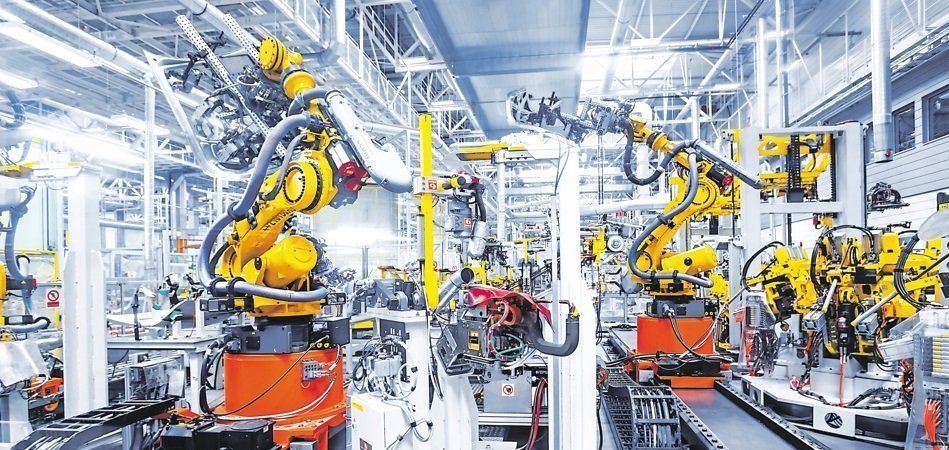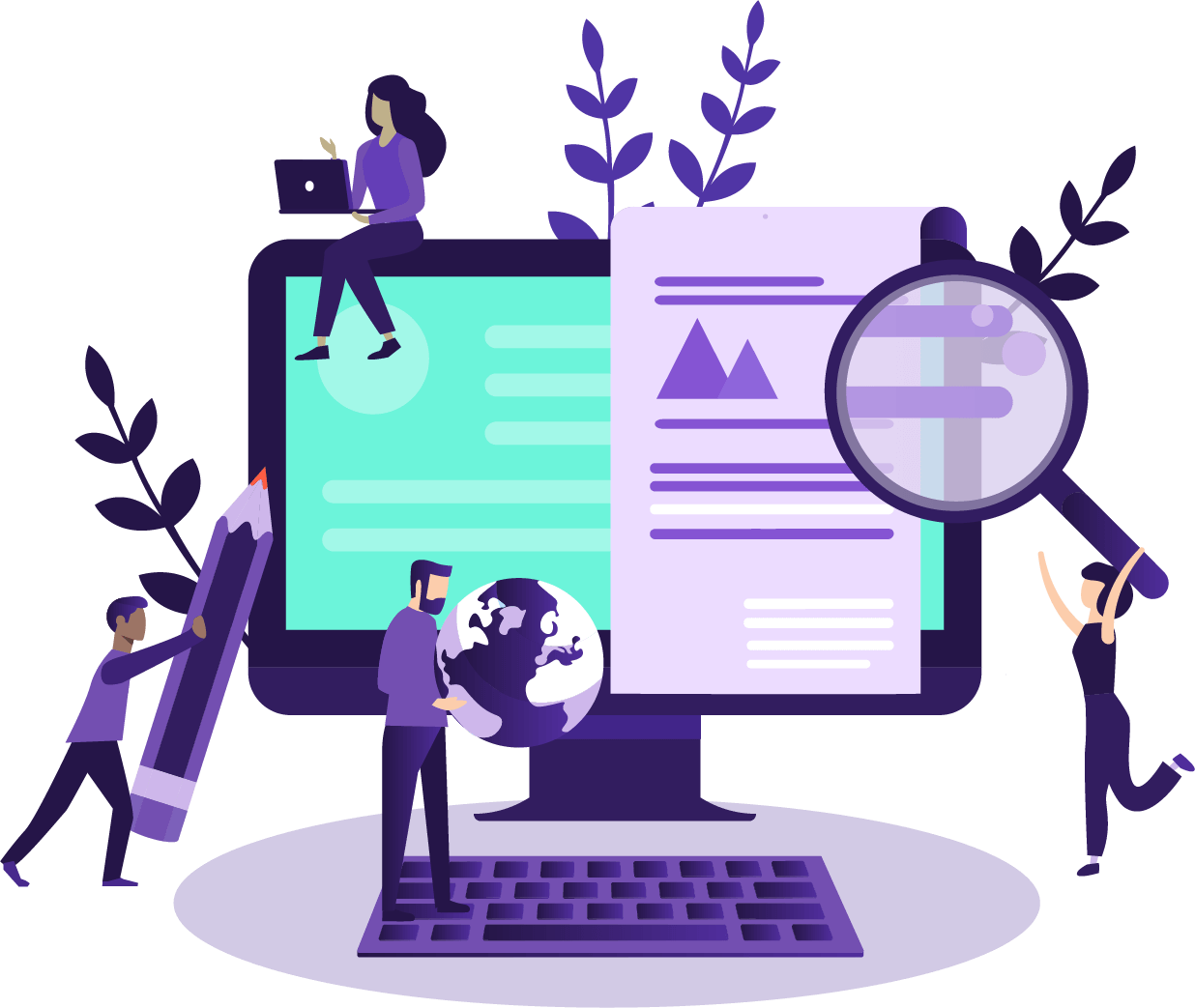Business, in its various forms, has been an integral part of human civilization. It has evolved from simple barter systems to complex global networks that shape economies and societies. This article traces the fascinating journey of business evolution through history and explores the factors that have driven its growth.
The Birth of Barter: Early Commerce Systems

The earliest form of business was likely barter, where goods were exchanged for other goods or services. This system facilitated the exchange of resources and necessities among early human communities. However, barter had limitations due to the “double coincidence of wants,” which led to the need for more efficient mediums of exchange.
Ancient Traders and the Silk Road

As civilizations expanded, so did trade networks. Ancient traders, such as those along the Silk Road, played a crucial role in connecting the East and West. The exchange of silk, spices, and other luxury goods fostered cultural exchange and laid the foundation for long-distance commerce.
Rise of Mercantilism and the Age of Exploration
:max_bytes(150000):strip_icc()/GettyImages-52149332-5c4a2383c9e77c000160e390.jpg)
The age of exploration led to the rise of mercantilism, where nations sought to accumulate wealth through trade and colonization. This era saw the establishment of colonial empires, the exploitation of resources, and the emergence of early multinational corporations.
Industrial Revolution: The Shift to Mass Production

The Industrial Revolution marked a pivotal point in business history, with the advent of mechanization and mass production. This transformation revolutionized manufacturing processes, leading to increased productivity, urbanization, and the birth of factory systems.
The Rise of Corporations and Capitalism

The 19th century witnessed the rise of corporations and modern capitalism. Innovations in transportation, communication, and finance enabled larger-scale enterprises to flourish. This period also saw the emergence of labor unions and debates about the ethics of unrestricted capitalism.
Information Age: Technology and Globalization

The late 20th century brought about the Information Age, characterized by rapid technological advancements. The rise of computers, the internet, and telecommunications facilitated global connectivity, enabling businesses to expand their reach and operations worldwide.
E-commerce and the Digital Revolution

The digital revolution of the late 20th century paved the way for e-commerce, changing the way businesses interact with consumers. Online platforms and marketplaces allowed for seamless transactions, personalized experiences, and the creation of entirely new business models.
Sustainability and Social Responsibility

As awareness of environmental issues grew, businesses began to focus on sustainability and social responsibility. Consumers’ preferences shifted towards eco-friendly and socially conscious products, prompting companies to integrate ethical practices into their operations.
The Emergence of Sharing Economy
The sharing economy emerged as a response to changing consumer behaviors. Platforms like Airbnb and Uber revolutionized industries by enabling individuals to share resources, challenging traditional business models and regulations.
Atificial Intelligence and Automationr

The integration of artificial intelligence and automation into business processes marked a new era of efficiency and innovation. AI-powered analytics, robotics, and machine learning enhanced decision-making and streamlined operations across various sectors.
Personalization in the Digital Marketplace

The digital marketplace embraced personalization, tailoring products and services to individual preferences. Data-driven insights allowed businesses to understand their customers better and provide unique experiences, strengthening brand loyalty.
Business Ethics in the Modern World

Business ethics became a prominent topic in the modern world. Companies faced increased scrutiny regarding their practices, leading to a focus on transparency, diversity, and fair labor standards. Ethical considerations became integral to building trust with consumers.
Future Trends and Innovations

These include the further integration of AI, the expansion of the gig economy, the advancement of renewable energy technologies, and the potential for new forms of currency like cryptocurrencies.
Summary
The evolution of business is a captivating journey that showcases human adaptability and innovation. From the rudimentary trade systems of ancient civilizations to the complex web of global commerce in the digital age, business has transformed in response to societal, technological, and environmental shifts.
FAQs
Q: How did the Industrial Revolution impact business?
A: The Industrial Revolution revolutionized business by introducing mechanization and mass production, leading to increased productivity and urbanization.
Q: What is the sharing economy?
A: The sharing economy refers to a business model where individuals share resources and services, often facilitated through online platforms.
Q: How has technology influenced business ethics?
A: Technology has made business practices more transparent and accessible, prompting companies to prioritize ethical standards to maintain trust.
Q: What are some future trends in business?
A: Future business trends include increased AI integration, the growth of the gig economy, and advancements in renewable energy technologies.
Q: What is the significance of personalization in the digital marketplace?
A: Personalization enhances customer experiences by tailoring products and services to individual preferences, fostering brand loyalty.

